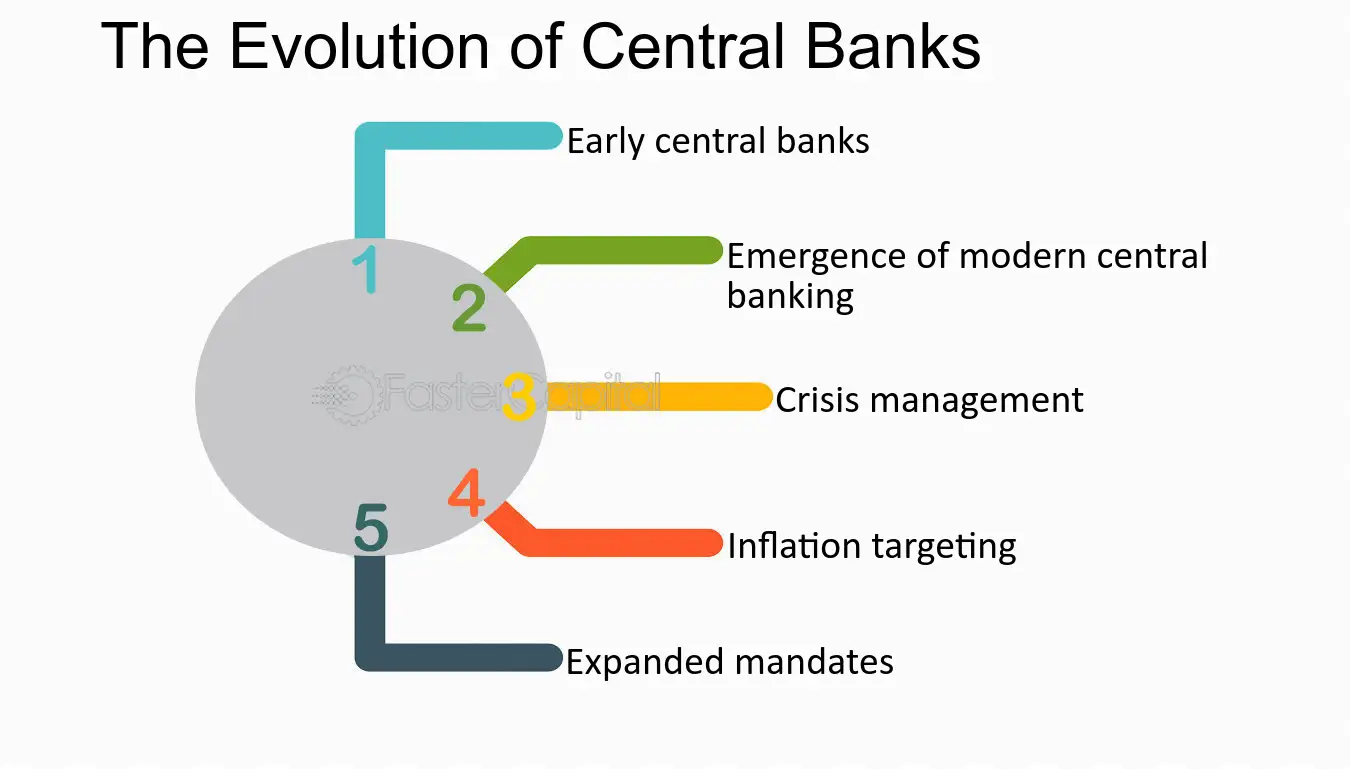Ultimate Guide to Weight Loss & Nutrition: Healthy Habits for Life

12/08/2025
Author: Shaharia
Weight loss and good nutrition are foundational pillars of lifelong health and wellness. Whether your goal is to shed extra pounds, maintain a healthy weight, or simply feel more energetic, adopting the right dietary habits can make all the difference. This guide will walk you through essential concepts, effective strategies, and practical tips that anyone can follow for sustainable success.
Understanding Weight Loss
Weight loss happens when your body uses more calories than you consume. However, it’s not just about eating less—it's about nourishing your body with the right foods, balancing macronutrients, and adopting habits that support metabolism and long-term wellness.
Key Nutrition Principles for Weight Loss
1. Balanced Macronutrients
Your diet should include a healthy balance of:
Proteins: Support muscle maintenance and keep you full longer.
-
Carbohydrates: Opt for complex carbs like whole grains, vegetables, and fruits for steady energy.
-
Fats: Choose healthy fats such as avocados, nuts, and olive oil to support brain and hormone health.
2. Portion Control
Learning to manage portion sizes helps avoid overeating, even of healthy foods. Use smaller plates, eat mindfully, and listen to your body’s hunger cues.
3. Whole Foods Over Processed Foods
Whole, unprocessed foods are nutrient-rich and usually lower in calories. They keep you satisfied and provide vitamins, minerals, and fiber your body needs.
Popular & Effective Weight Loss Strategies
Intermittent Fasting
Eating within a specific window (such as 8 hours) and fasting for the remaining hours can improve metabolism, reduce calorie intake, and support fat loss without complex dieting.
Low-Carb and Keto Diets
Reducing carbohydrate intake encourages the body to burn fat for fuel. When done properly, these diets can lead to rapid weight loss and improved blood sugar control.
Plant-Based Eating
Increasing consumption of vegetables, legumes, and fruits while reducing animal products often leads to lower calorie intake and increased fiber, which helps with weight management.
Mindful Eating
Paying close attention to what and how you eat prevents overeating. It encourages slowing down, savoring meals, and recognizing true hunger versus emotional eating.
Tips for Lifelong Success
Stay Hydrated
Drinking water before meals can help control appetite and support digestion.
Regular Physical Activity
Exercise complements healthy eating by burning calories, building muscle, and boosting metabolism.
Get Quality Sleep
Poor sleep disrupts hunger hormones and can increase cravings for unhealthy foods.
Manage Stress
Chronic stress triggers cortisol production, which is linked to weight gain, especially around the abdomen.
Healthy Recipe Ideas to Support Weight Loss
-
Protein-Packed Breakfast: Greek yogurt with nuts, seeds, and fresh berries.
-
Colorful Lunch: Mixed greens salad with grilled chicken, avocado, quinoa, and olive oil dressing.
-
Wholesome Dinner: Baked salmon, steamed broccoli, and roasted sweet potatoes.
-
Smart Snacks: Hummus with carrot sticks, mixed nuts, or an apple with almond butter.
Common Weight Loss Myths Debunked
-
Myth: Skipping meals helps you lose weight.
Truth: It often leads to overeating later and slows metabolism. -
Myth: All fats make you fat.
Truth: Healthy fats are essential and can aid weight loss. -
Myth: Carbs are bad.
Truth: Complex carbs provide energy and fiber; moderation is key.
Conclusion
Weight loss and nutrition aren’t about quick fixes or extreme diets. They are about consistent, mindful choices that fuel your body and mind for a lifetime of health. Embrace balanced eating, stay active, manage stress, and prioritize sleep—and you’ll create a sustainable path to your healthiest self.



















